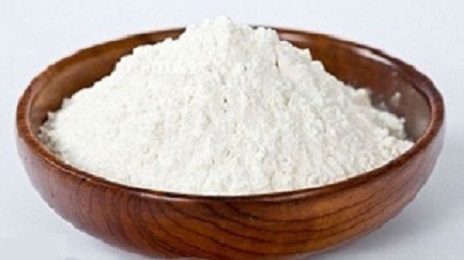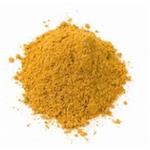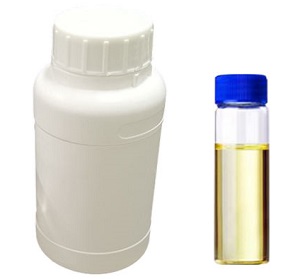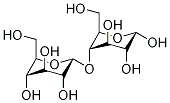The application and safe concern of Maltodextrin
Aug 21,2020
Whether or not you have any idea what maltodextrin is, there’s a very good chance you’ve consumed some of it in the last 24 hours.
Maltodextrin is commonly spotted hiding near the bottom of ingredient lists of packaged or processed foods. It’s a white, powdery, nearly flavorless starch derived from rice, corn, potatoes, or wheat.

Production
Maltodextrin can be enzymatically derived from any starch. In the US, this starch is usually corn; in Europe, it is common to use wheat. In the European Union, wheat-derived maltodextrin is exempt from labeling, as set out in Annex II of EC Directive No 1169/2011.[3] In the United States, however, it is not exempt from allergen declaration per the Food Allergen Labeling and Consumer Protection Act, and its effect on a voluntary gluten-free claim must be evaluated on a case-by-case basis per the applicable Food and Drug Administration policy.
Application
Maltodextrin’s a fast-digesting carbohydrate, and a versatile additive that preserves flavors in processed foods. It also thickens food, mimics fat content, and prolongs shelf life.
To make maltodextrin, starches from these foods are subjected to a process called hydrolysis, in which they’re broken down through chemical reactions with water, aided by additional enzymes and acids.
So, it’s used as a preservative or a food thickener .
Is maltodextrin safe?
Maltodextrin is considered generally safe to eat by the FDA. In fact, maltodextrins are also produced in the intestine when we digest starchy foods. They have the same calorie density as sugars and carbohydrates.
Is it safe to eat?
The FDA affirms maltodextrin as a food that’s “generally recognized as safe.”
Maltodextrins are used to replace sugar or fat in many food products such as ice cream, dried instant food formulations, sweets, cereals, snacks, and beverages.
Given that these foods are widely consumed, they may be in your daily diet.
Maltodextrin is considered high on the glycemic index, with a score between 80–120, meaning it raises blood sugar about the same as glucose.
Because it’s found in many processed foods, a diet high in maltodextrin is likely also high in sugar and salt, and low in fiber. Such a diet can lead to weight gain, higher levels of cholesterol, and type 2 diabetes.
- Related articles
- Related Qustion
- Is maltodextrin bad for the liver? Jul 11, 2024
Maltodextrin gives a fat-like body to food products, increases their shelf life, and mixes quite well with other ingredients. It's also cheap to produce and add to products.
- The characteristic and application of maltodextrin Jan 17, 2022
Maltodextrin is a polysaccharide produced from starch by partial enzymatic hydrolysis of starch.
N,N-Dimethylaniline is used as chemical intermediate in the manufacturing of vanillin, Michler's ketone, and dyes such as Acid Red 2, Basic Green 4 and Basic Violet 1.....
Aug 20,2020Antipyretic analgesicsDABCO (1,4-diazabicyclo[2.2.2]octane) is an organic compound with the formula N2(C2H4)3. This colorless solid is a highly nucleophilic tertiary amine base, which is used as a catalyst and reagent in polymerization.....
Aug 21,2020AmidesMaltodextrin
9050-36-6You may like
- Diosgenin:Uses,Functions and Synthesis
Dec 12, 2025
- Biosynthesis of Cyclopamine from Cholesterol
Dec 10, 2025
- Synthesis of ribociclib
Dec 10, 2025
- Maltodextrin
-

- $100.00 / 50kg
- 2025-12-16
- CAS:9050-36-6
- Min. Order: 1kg
- Purity: 99%
- Supply Ability: 5000Ton
- Maltodextrin
-

- $0.00 / 1kg
- 2025-12-16
- CAS:9050-36-6
- Min. Order: 1kg
- Purity: 0.99
- Supply Ability: 1000kg
- Maltodextrin
-

- $1.00 / 1KG
- 2025-12-16
- CAS:9050-36-6
- Min. Order: 1KG
- Purity: DE,15-20
- Supply Ability: 10ton/month






